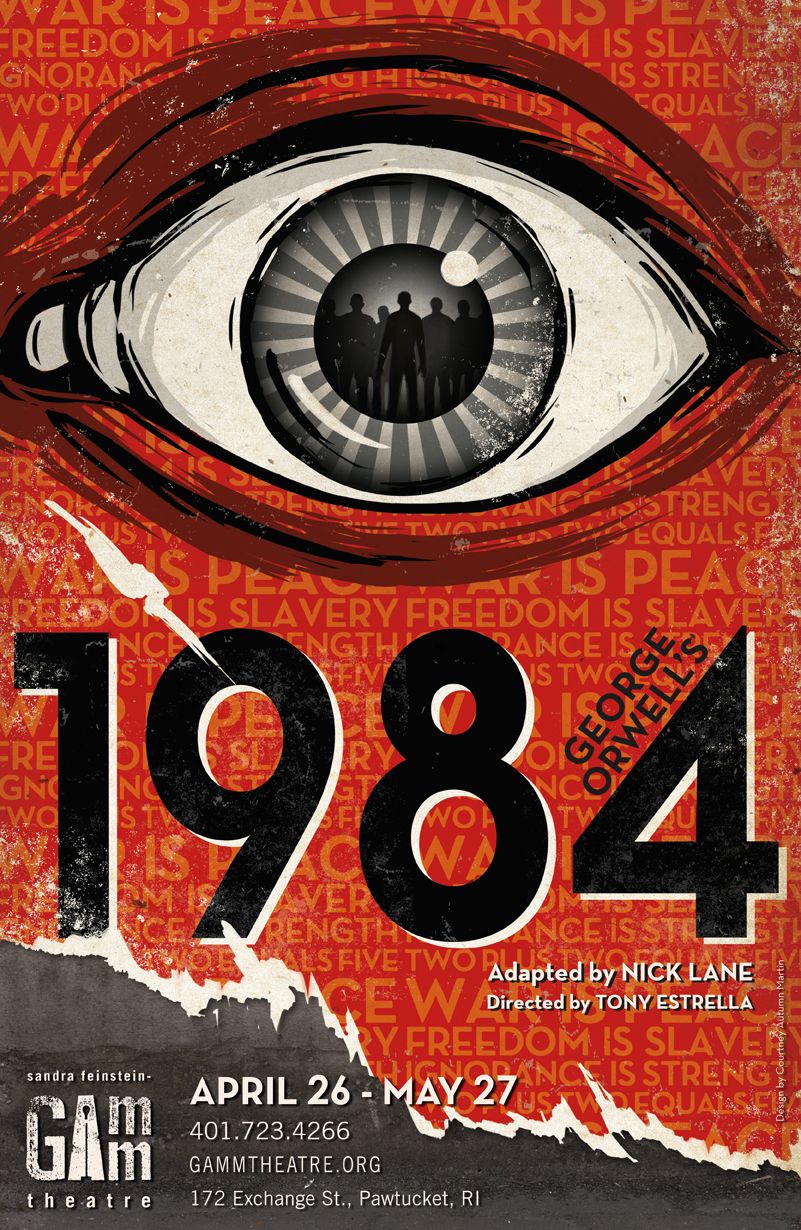The Green Mile is a 1996 serial novel by American writer Stephen King. It tells the story of death row supervisor Paul Edgecombe’s encounter with John Coffey, an unusual inmate who displays inexplicable healing and empathetic abilities. The serial novel was originally released in six volumes before being republished as a single-volume work. The book is an example of magical realism.
This is not a good summer for Paul. He is suffering from a painful infection and suffering, too, because Percy (Doug Hutchison) is like an infection in the ward: “The man is mean, careless and stupid–that’s a bad combination in a place like this.” Paul sees his duty as regulating a calm and decent atmosphere in which men prepare to die.
“The Green Mile” (so-called because this Death Row has a green floor) is based on a novel by Stephen King, and has been written and directed by Frank Darabont. It is Darabont’s first film since the great “The Shawshank Redemption” in 1994. That, too, was based on a King prison story, but this one is very different. It involves the supernatural, for one thing–in a spiritual, not creepy, way.
Both movies center on relationships between a white man and a black man. In “Shawshank” the black man was the witness to a white man’s dogged determination, and here the black man’s function is to absorb the pain of whites–to redeem and forgive them. By the end, when he is asked to forgive them for sending him to the electric chair, the story has so well prepared us that the key scenes play like drama, not metaphor, and that is not an easy thing to achieve.
The movie is told in flashback as the memories of Paul as an old man, now in a retirement home. “The math doesn’t quite work out,” he admits at one point, and we find out why. The story is in no haste to get to the sensational and supernatural; it takes at least an hour simply to create the relationships in the prison, where Paul’s lieutenant (David Morse) is rock-solid and dependable, where the warden (James Cromwell) is good and fair, and where the prisoners include a balmy coot named Delacroix (Michael Jeter) and a taunting monster named Wharton (Sam Rockwell).
Looming over all is the presence of John Coffey (Michael Clarke Duncan), a man whose own lawyer says he seems to have “dropped out of the sky.” Coffey cannot read or write, seems simpleminded, causes no trouble and exudes goodness. The reason Paul consults the lawyer is because he comes to doubt this prisoner could have killed the little girls. Yet Coffey was found with their broken bodies in his huge arms. And in Louisiana in the 1930s, a black man with such evidence against him is not likely to be acquitted by a jury. (We might indeed question whether a Louisiana Death Row in the 1930s would be so fair and hospitable to a convicted child molester, but the story carries its own conviction, and we go along with it.) There are several sequences of powerful emotion in the film. Some of them involve the grisly details of the death chamber, and the process by which the state makes sure that a condemned man will actually die (Harry Dean Stanton has an amusing cameo as a stand-in at a dress rehearsal with the electric chair). One execution is particularly gruesome and seen in some detail; the R rating is earned here, despite the film’s generally benevolent tone. Other moments of great impact involve a tame mouse which Delacroix adopts, a violent struggle with Wharton (and his obscene attempts at rabble-rousing), and subplots involving the wives of Paul (Bonnie Hunt) and the warden (Patricia Clarkson).

